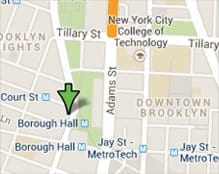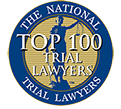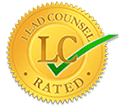What types of corporate fraud does the FBI look out for?
The FBI reportedly coined the term “white collar crime” back in 1939, a term that has since become synonymous with a wide range of fraudulent activities that business professionals commit in New York and other locales throughout the nation. The bureau makes corporate fraud one of its highest criminal priorities not only because it causes significant financial loss to investors but also, because it causes immeasurable damage to the U.S. economy. If you are at all worried about your business dealings, it is helpful to know what the FBI views as corporate fraud so that you may avoid similar activities.
According to the bureau’s website, there are certain schemes for which it remains vigilant and that it takes very seriously. Fraudsters design these schemes to deceive auditors, investors and analysts about the true financial wellbeing of a business entity or corporation. Offenders do this via the manipulation of financial data, stock value and other fictitious performance indicators. Though the FBI concerns itself with a number of white collar activities such as money laundering, securities and commodities fraud, money laundering, mortgage fraud and public corruption, there are certain activities it views as more harmful than others.
The FBI categorizes corporate fraud in one of three ways: falsification of financial information, self-dealing by corporate insiders and fraud in connection with a hedge fund that, by all other means, is legitimate. False accounting entries, fraudulent trades and illicit transactions that are designed to avoid regulatory oversight fall into the first category. Within the second category are kickbacks, insider trading, individual tax violations and misuse of corporate property for personal gain. Late trading, falsification of net assets and select market timing structures all fall under the final category. Obstruction of justice of any of the above-noted types is in direct violation of the law and several regulatory commissions, including the U.S. Securities and Exchange Commission and the Commodity Futures Trading Commission.
The information in this post is for educational purposes only. You should not construe it as legal advice.
Office Location
Neil S. Ruskin
188 Montague Street Suite 900
Brooklyn, NY 11201
Local: (718) 237-1547
Fax: 718-875-4011












